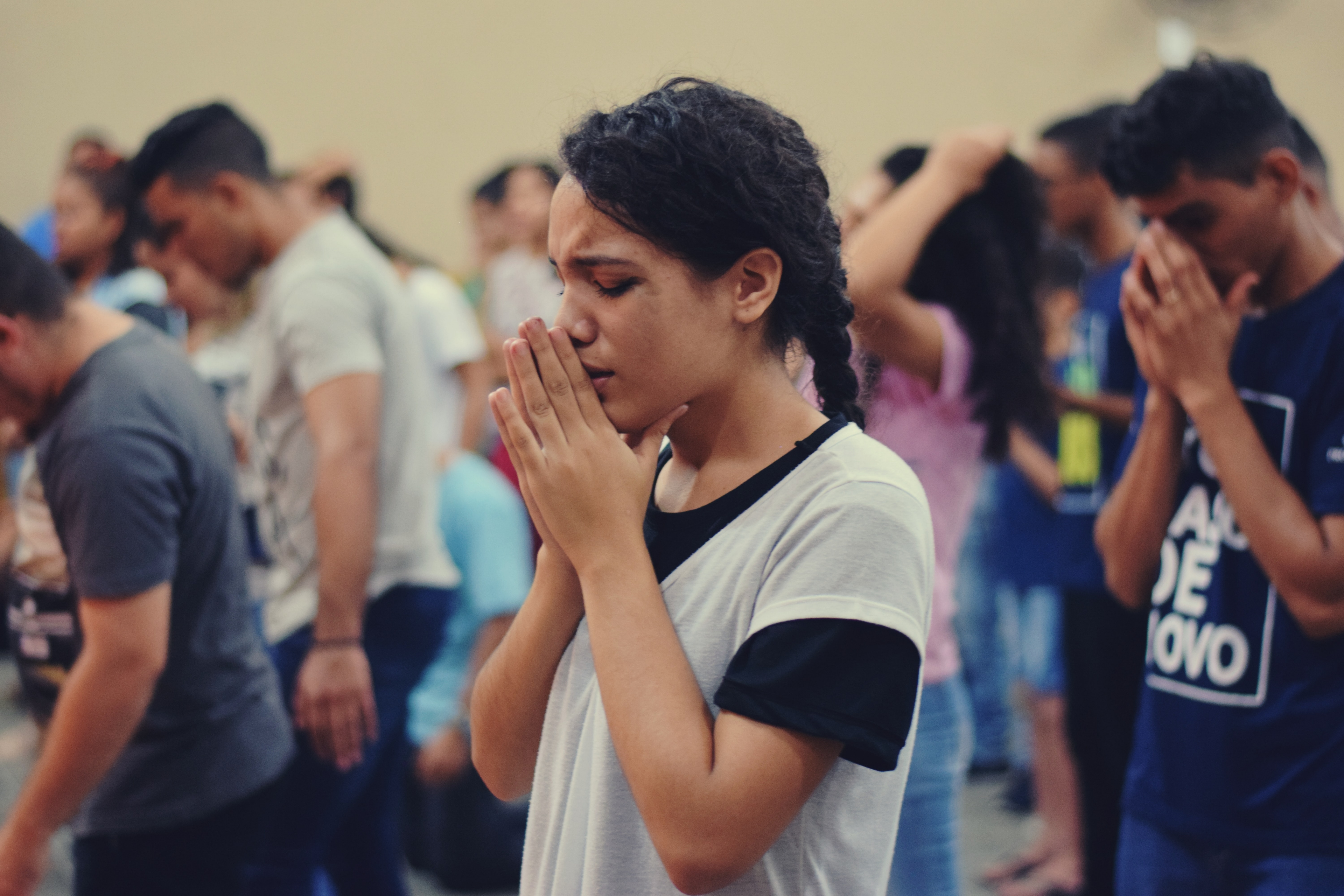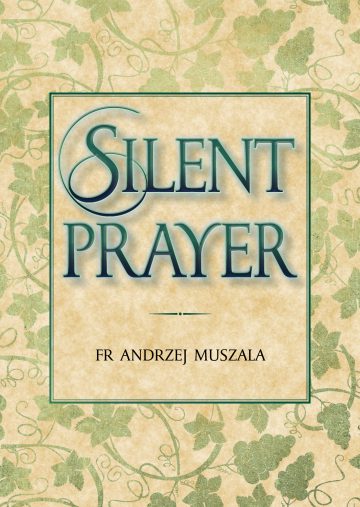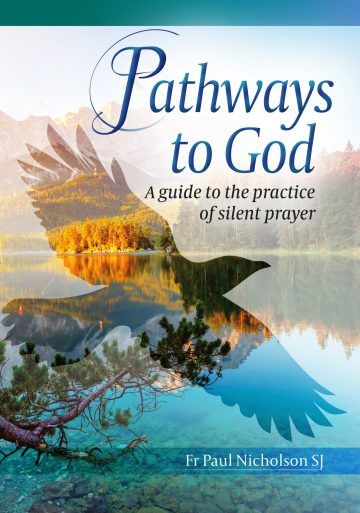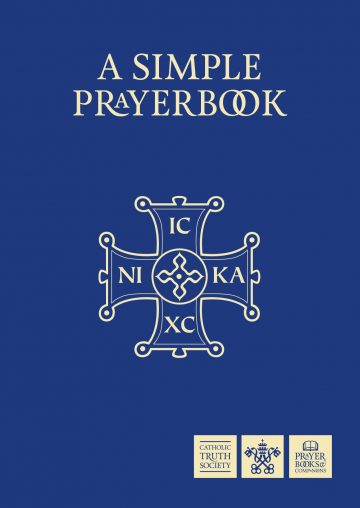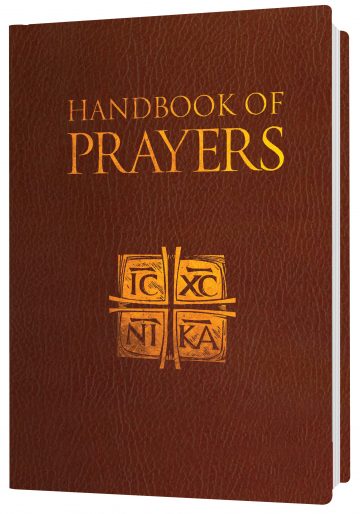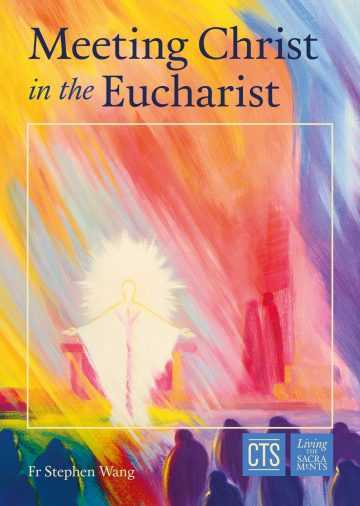There are many ways of praying. You can enjoy exploring them, but the choice might drive you crazy. It’s like being trapped in Tesco because you can’t decide which breakfast cereal to buy. The supermarket aisle stretches into the middle distance. Each box offers some magical, life-changing experience. What if you pick the wrong one?
If you don’t know where to start, here are some simple ideas. The focus here is on personal prayer, but praying with others can be equally important. It helps, if possible, to set aside a certain time each day for personal prayer. Mornings are best for most people, but evenings can work too. It might mean setting the alarm a few minutes earlier or cutting down on the TV or the social media before going to bed.
It’s not always easy. Things get in the way. You might notice an inner resistance. A long list of excuses begins to appear. For some reason it’s hard to give time to God. But it can make a real difference.
You can pray anywhere, but it helps to have some quiet. To turn off the radio and put the phone on silent. It can help to have a focus like a crucifix or a religious image or a candle.
There is a beautiful tradition of starting your prayer with the Sign of the Cross. This is when you touch your forehead, then your chest, then your two shoulders, making a symbol of the Cross. And you say the words, “In the name of the Father, and of the Son, and of the Holy Spirit. Amen.” It reminds us that as Christians we are praying to the Father, with his Son Jesus, through the Holy Spirit. It roots us in the Trinity.
So you have made some time for prayer. And you have started. Wonderful! But what do you actually do? Let me give you four suggestions. These are four basic ways of praying. You can choose one of them, or mix things up. You must feel very free. But at least you have some options.
First: formal prayers. You can pray a formal or written or set prayer: like the Lord’s Prayer, or the Glory Be, or one of the psalms from the Old Testament. You might have a prayer book that collects together some well-known prayers from the Bible or the Christian tradition.
It’s good to say these prayers, and make them our own. It’s not just mindless repetition: we can pray them sincerely, from the heart. They can express our deepest needs and unite us with the wider prayer of the whole Church and with the wisdom of Christians before us.
A second way of praying: conversation. You can talk to God in your own words, about whatever is on your mind. It’s a conversation with him. You can thank him for anything good that has happened, or say sorry for anything you have done wrong. You can ask him to help you in your particular needs or to help other people that you know.
Speak to him from the heart. There are no rules – just be honest and simple and natural. He loves you and he is listening to you. You can trust him.
Third: the Bible. You can pray with the Bible in whatever way is helpful. You can read through the Bible one book at a time. Or you can take a short passage each day and reflect on it. You can let the words echo in your mind and heart, and think about how they apply to your life. It might be just a few lines from one of the Gospels. Does anything stand out for you? What is God saying to you through these words?
And a fourth way of praying: silence. You can sit or kneel in silence for a few moments. Just to be still, in God’s presence. To listen. To be aware of his love and care for you. The prophet Elijah met God not in wind or earthquake or fire but in “the sound of sheer silence” (1 K 9:11-13).
Don’t worry if your mind is a bit distracted. You can let your distractions settle down and gradually become aware of God’s presence with you. This is a simple form of silent meditation or contemplation.
Those are my four suggestions: formal prayers, conversation, Bible reading, silence. I’ve tried to be very practical. But remember these are just suggestions. Don’t be afraid. Prayer is not a test or an obstacle course. It is simply making time for God, and opening our hearts to him in whatever way is helpful.
You will have good days and bad days, successes and failures, moments of enlightenment and maybe long periods of distraction or boredom. The most important thing for the journey of prayer is to start, and then to persevere. “The only way to pray is to pray.”
Questions for reflection
Have your prayers ever been answered?
What’s your experience of reading or praying with the Bible?
Do you find it easy to talk to God? To say “thank you” or “help” or “sorry”? To sit in silence?
 This blog is extracted from SYCAMORE: The Catholic Faith Explained.In SYCAMORE you will find answers to the most common questions about life and faith, whether you want to deepen the faith you already have or are exploring the faith for the first time.
This blog is extracted from SYCAMORE: The Catholic Faith Explained.In SYCAMORE you will find answers to the most common questions about life and faith, whether you want to deepen the faith you already have or are exploring the faith for the first time.
To learn more about the Catholic faith in an approachable way, or for help passing it on to others, get your copy of SYCAMORE today.
